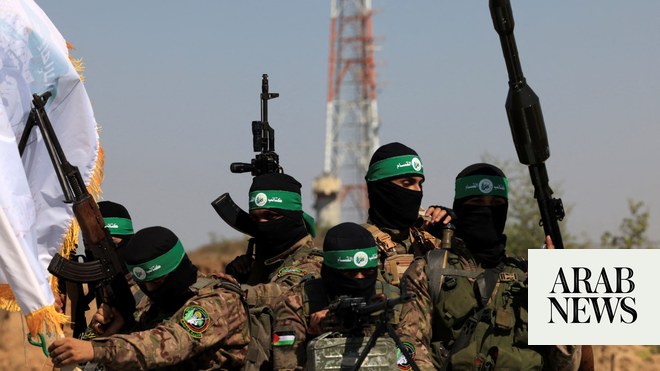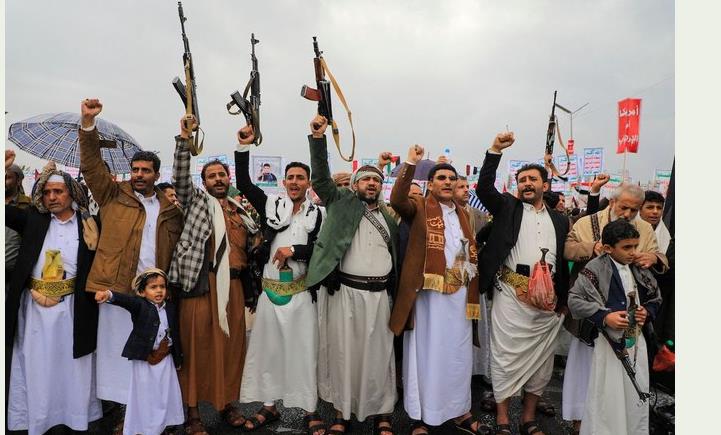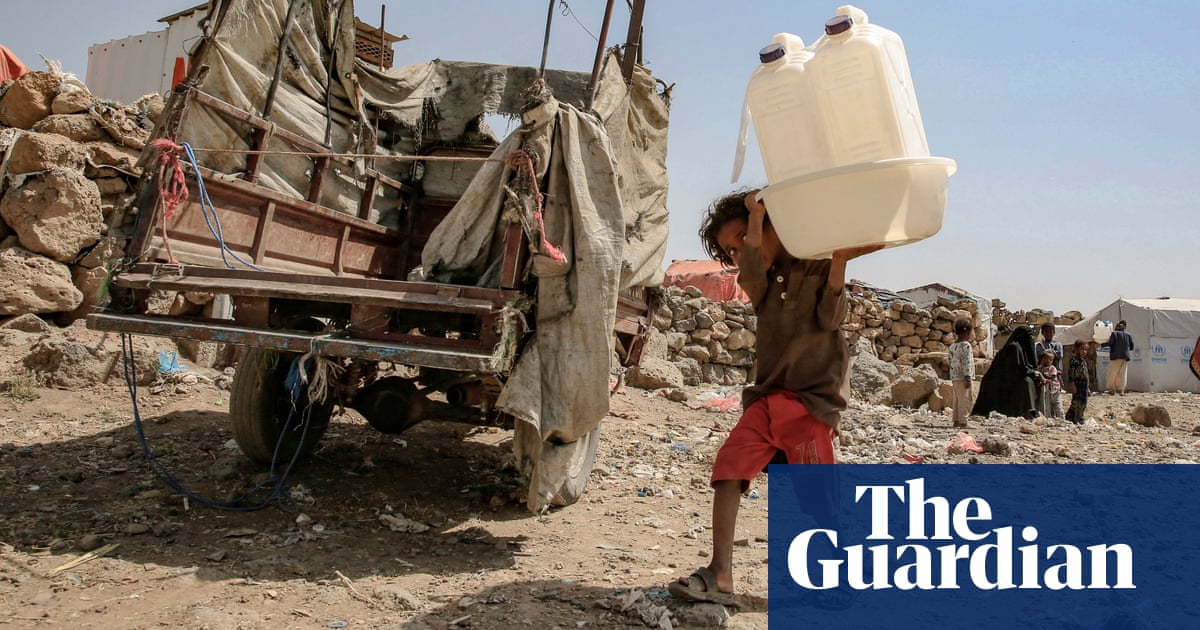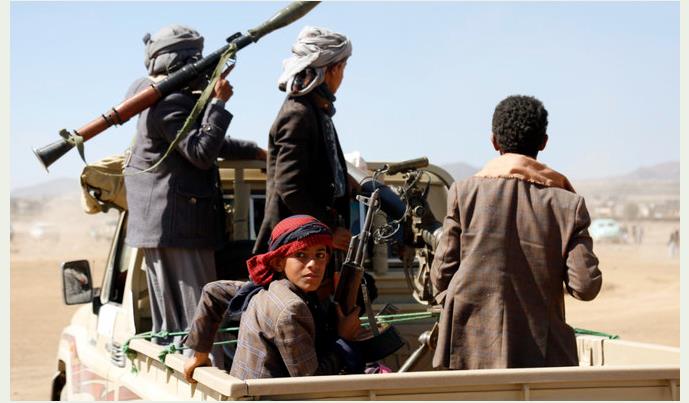
Yemen could be afflicted by an even worse humanitarian catastrophe if the UK government goes ahead with a plan to designate the Houthi rebels as a terrorist group, leading aid agencies have warned cabinet ministers in a letter.
The 11 UK agencies are some of those most active in Yemen, and include Save the Children, Care, the International Rescue Committee and Islamic Relief.
In the letter seen by the Guardian, the agencies said: “The likely ‘chilling effect’ on banks and other commercial actors could prove catastrophic for the millions of Yemenis already at risk from hunger, conflict and disease.”
The move could result in international banks and companies that import food, medicines and fuel into the country halting some activities out of concern they would unintentionally fall foul of UK terrorism laws.
The agencies sent the letter because they were told by Whitehall officials that the home secretary, Priti Patel, in particular was pushing the case for the Houthis to be designated as a terrorist organisation under the Terrorism Act, as part of a review of UK policy in Yemen.
The proposal also has the strong support of some Gulf states, especially Saudi Arabia and the United Arab Emirates. Saudi oil installations and civilian targets have been hit by Houthi missiles, while the UAE was hit by Houthi-fired missiles in January.
A parallel debate is under way in Washington. The Gulf states have been left unimpressed by the degree of solidarity shown by the west over what they regard as Iranian backing for the Houthis.
The Trump administration first designated Ansar Allah, or the Houthi movement, as a terrorist group for a brief period last year, leading to Yemen’s imports falling by 25%, the agencies said. The decision was reversed by the Biden administration.
The agencies wrote: “We are concerned that proscription is a blunt tool that could further worsen already dire economic conditions and cripple the humanitarian response. There are currently no direct provisions within the Terrorism Act (2000) for humanitarian licences or appropriate humanitarian or peace-building exceptions.
“Provisions in the act around ‘support’ and ‘funding’ are not clearly defined, making it extremely difficult for NGOs to be assured as to how far they are able to engage with a controlling authority who is a proscribed terrorist organisation. The complexity and lack of clarity increases the likelihood of secondary impacts such as ‘bank de-risking’ leading to an inability to get funds into Yemen.”
They continued: “[If] banks were to refuse transfers because of UK proscription, this would likely have a serious impact on remittances, which are a lifeline for 500,000 Yemeni families. Up to one in 10 Yemenis rely on remittances to meet their essential needs. They are the biggest source of foreign exchange into the country, making up 20% of the country’s GDP. More than 100,000 Yemenis living in the UK would no longer be able to support their loved ones.
“Grain importers and banks told humanitarian agencies they are unsure if they will be able to continue supplying Yemen if the UK proceeds with proscription of Ansar Allah.”
The warning came as the Gulf Cooperation Council launched inter-party talks, which the Houthis have refused to attend partly because the venue is Riyadh, the capital of the forces they have been fighting since 2015.
The talks, which are due to conclude on 7 April, have led to a brief ceasefire, a prisoner exchange, and a promise by the Saudi-backed Yemeni government to allow more direct flights into Sana’a airport, as well as to let more oil ships dock at Hodeidah port. The Saudi-led coalition has imposed sea and air restrictions on areas held by the Houthis, who ousted the internationally recognised government in Sana’a in late 2014.












